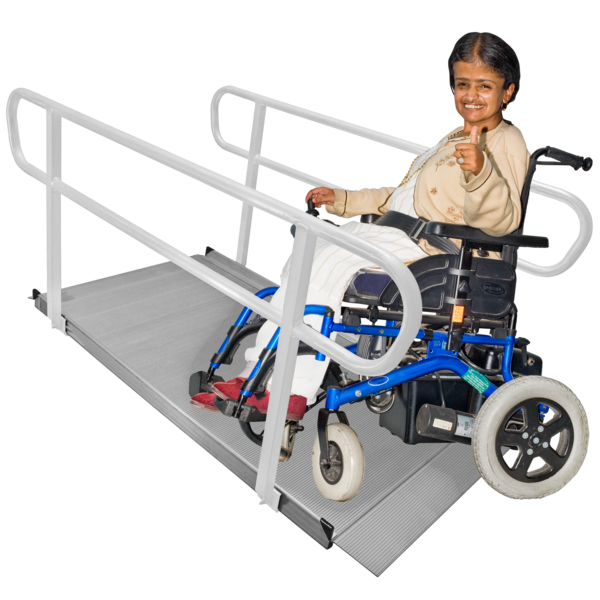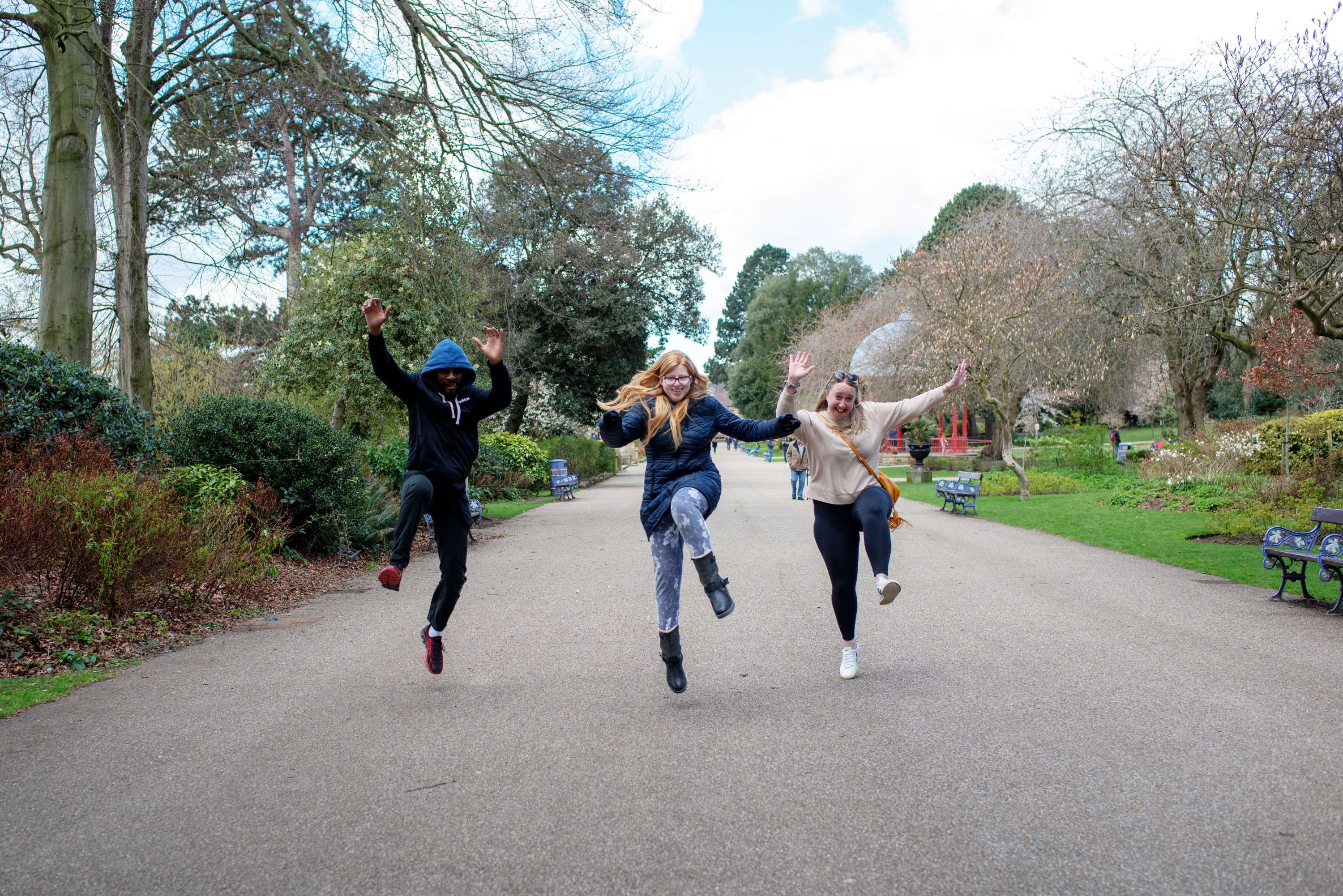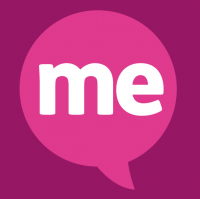Research articles are often very long and use scientific language that is not easy to understand for everyone. This means that people who are interested in the research or might benefit from understanding the findings are not able to access the articles. Research about
learning disability
 A learning disability is to do with the way someone's brain works. It makes it harder for someone to learn, understand or do things.
should be
accessible
A learning disability is to do with the way someone's brain works. It makes it harder for someone to learn, understand or do things.
should be
accessible
 Accessible means something is easy for people to use or join in with. For example: Accessible writing means the writing is easy to read and understand.
for people with lived experience of learning disability.
Accessible means something is easy for people to use or join in with. For example: Accessible writing means the writing is easy to read and understand.
for people with lived experience of learning disability.
Many people find videos a more accessible and interesting way of receiving information. Mencap, in partnership with UCL, have produced two videos that talk about the findings from two recent research projects. The purpose of these videos is to make research more accessible for everyone, including people with a learning disability.
The videos were co-produced with Vijay, a Mencap employee who has a learning disability. Two research articles were selected and Vijay was supported to review a text which summarises the purpose and findings of each research project. The videos are only a few minutes long so that people have the time to watch them.
One of the research projects we produced in partnership with UCL looked at how the smart speaker Hey Google could support people with a learning disability to live more independent lives.
For ten weeks, researchers worked with seven people with learning disabilities who had never used a smart speaker before. They were supported to learn Google Home.
We asked Vijay, our Campaigns Officer, who introduces the research in a video, what he thinks of technology like Hey Google. He says "It depends on the person's needs because everyone with a learning disability is different" and that people "may need support to get used to it and be shown how to do it." However, he also told us that "once you get the hang of it then you kind of know what you need to do and what the smart speaker does."
Hey Google!
In this video Vijay talks about the research into how voice assistants like Amazon Alexa or Google Home devices could help people with a learning disability.
The second research project wanted to understand how taking part in physical exercise could support people with a learning disability to make friends.
The research team looked at all the studies they could find about sports and exercise for people with a learning disability who were aged 13 - 30.
13 of the studies found showed people make friends and feel connected to others, however not all the findings were a true representation of people with a learning disability as they were about Olympians. More research is definitely needed.
Vijay thinks "Sports and exercise is important for people with a learning disability to help with their wellbeing when taking part in activities." He also told us about his own personal experience about making friends saying it was "harder for me to be able to make friends" before he joined Mencap. He found that joining a team helped him make friends more easily saying, "Now that I've been working at Mencap with other people, I'm able to make friends and that's good because I'm able to have trusted communication with them. If I didn't have that then it would have been difficult to be able to make friends."
Making friends through exercise
In this video Vijay tells us more about the research into how physical activity can help people with a learning disability make friends.
We hope you find the findings a useful way to understand the purpose and findings of these two research projects. Please let us know what you think!


 By Mencap
By Mencap